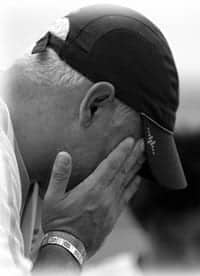
When All You Have Is Sport: For Coaches and Athletes
By Liz Masen – Client Director of Athlete Assessments Almost by definition, elite athletes (and often serious student-athletes) and coaches are extremely dedicated to their
By visiting our site, you agree to our privacy policy regarding cookies, tracking statistics, etc.
A popular group of articles on what ‘is the difference that makes the difference’ in sporting success. The mental game and sport psychology is where true champions emerge.

By Liz Masen – Client Director of Athlete Assessments Almost by definition, elite athletes (and often serious student-athletes) and coaches are extremely dedicated to their

By Liz Masen, Client Director at Athlete Assessments Posing like a Superhero Improves Performance – your body language shapes who you are There is
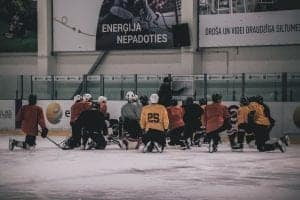
Have you ever noticed how some athletes “get” instructions immediately, while for others it takes a while for things to click? If you’re involved in coaching this is something you’ve had to deal with on numerous occasions. Many Coaches develop their own ways of working with their athletes learning styles and having a well-proven framework can be extremely useful. We understand all athletes are unique and cannot be coached in exactly the same way because as athletes (and people in general) everyone has their own unique way of learning.

At some point in time most athletes have been (or should be) exposed to the Control and Influence Model also known as the Circle of Concern and Circle of Influence. This model is taken from The 7 Habits of Highly Effective People by Stephen R. Covey, a fantastic book which we highly recommend.
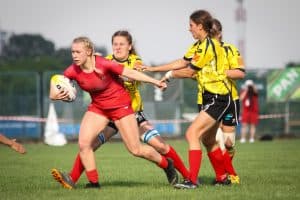
This article delves into more depth on how choking can be prevented at the highest level of sport and how can you ensure you “make it happen”.
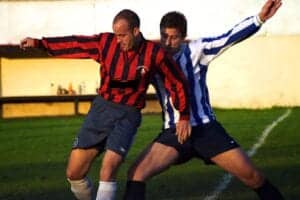
In sport as in life there are times when we don’t deliver our best when called on to do so. At the elite level, a poor performance in sport is when you or your team are 1% off your best. This contributes to an unwanted result combined with the feeling of letting yourself or others down. It is important to note, that occasionally we produce a poor performance relative to our potential capability, yet still manage to win. But this type of scenario can also produce feelings associated with a loss.
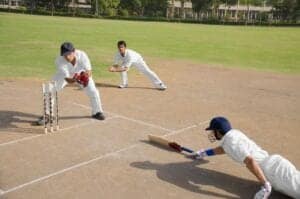
This article was written during national team selection time for one of our clients. It reminded me of how I felt during my own selection for various national and Olympic teams, and inspired me to share the most important lessons I learnt about the connection between training and competition. This article is about techniques to help athletes control their nerves so they can compete at least as well as they train, if not better. At the end of this article, I’ve also included my top three coaching tips for helping athletes manage their nerves during competition.
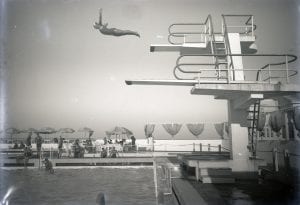
No one will ever forget seeing Greg Louganis recover from his poorly executed 2½ pike preliminary dive in the 1988 Seoul Olympics. Greg dove and struck his head bleeding into the water. Although he had obviously suffered an injury, he went on to earn the highest single score of the qualifying. He then went on to repeat the dive during the finals, earning the gold medal by a margin of 25 points.
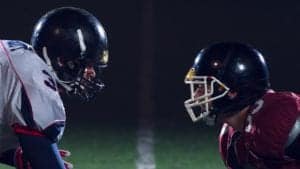
How many times have you witnessed the heartbreak of an athlete faltering at a crucial moment? The painstaking drama of the moment can be excruciating to watch, particularly when the athlete is at the height of their career or even worse, an athlete you coach. At these times, the terms choking or panicking are thrown around loosely to label the under-performance of the individual or team. But what do these terms mean? Is there a difference between them? And can anything prevent an athlete from choking?
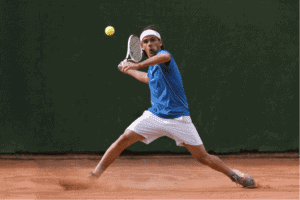
Understanding the importance of sport and exercise psychology is paramount to getting better results on the field, in the pool or on the court. Often though, coaches find the topic daunting and therefore put it in the “too hard” basket. Other coaches employ the services of a sport psychologist to assist their athletes and miss important benefits of a holistic coaching approach. In this article, we define what sport psychology is and what aspects are best incorporated into training and competition day by the sports coach.
At Athlete Assessments, we’re here to provide you with excellence in service and to help you be your best. If there is anything we can assist you with, please Contact Us.
Learn how to master the people side of sport using DISC Profiling...
We specialize in helping our clients create and sustain winning results...
See who we work with and read what they say about us...
One of the benefits of working with many different sporting teams each year is the insight we gain in what really makes the difference for sustained success.
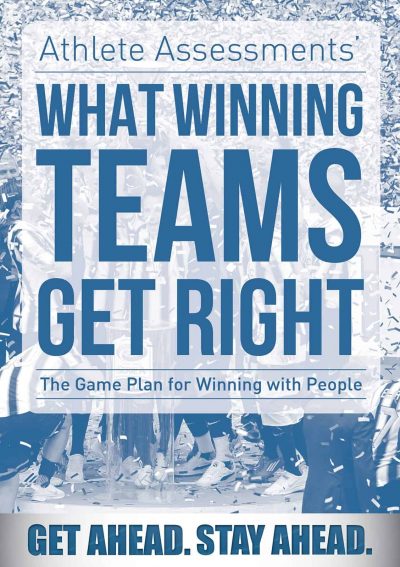
We share our fundamental performance philosophies and some of the key models we use to achieve success – think of it as the how-to on performance.
Bo Hanson’s career within the sport and the business sector spans over 25 years, delivering leadership, management, and coach development. In addition to his own athletic career comprising of four Olympic appearances and including three Olympic medals, Bo has worked for many years with coaches and athletes from over 40 different sports across the globe. Bo was also the winner of the Australian Institute of Training and Development (AITD) 2023 Award for L&D Professional of the Year, for his dedication to L&D and transformational work across various industries.
After a successful career in sport including four Olympics and three Olympic Medals, Bo co-founded and developed Athlete Assessments in 2007. Bo now focuses on working with clients to achieve their own success on and off ‘the field’, and has attained an unmatched track-record in doing exactly this.

